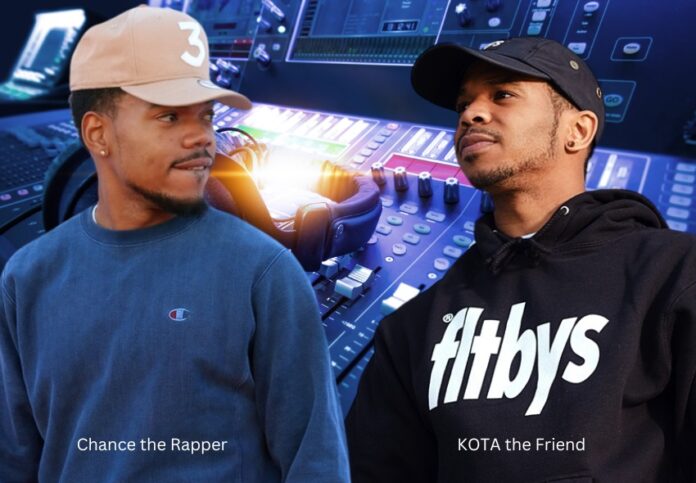by Anthony P. for TodaysHipHop.com
The dynamics between hip hop artists and record labels involve a variety of factors, including financial aspects, promotional efforts, and creative control. The perception that record labels make all the money because they do most of the work simplifies a complex relationship, however, this perception is partly true.
While labels provide resources and a platform, artists might find their creative control somewhat limited under certain contracts. The label may have a say in the music’s direction, image, and how it’s marketed. This is a trade-off that some artists are willing to make for the sake of broader exposure and financial backing.
The assertion that record labels make all the money overlooks the nuanced and varied nature of the music industry. While labels do take a significant share of the revenues, this is in exchange for their investment and the services they provide. The evolution of the music industry, especially with digital distribution and social media, has opened new avenues for artists to succeed independently, challenging traditional models of the music business.
“Independent success is achievable,” remarked Vernon Jones Sr, the CEO of JIG Media and the manager for Kota the Friend, a leading figure among independent hip hop artists. Jones emphasized, “But, this path demands a commitment to ticket sales, marketing, promotions, and the understanding of business basics. Initially, I was convinced that artists should avoid labels, but I’ve come to recognize that not everyone can emulate the paths of Chance the Rapper or Kota the Friend. Independence requires a considerable effort and a business-savvy team. From the very beginning Kota managed his own marketing to fill venues for his shows and took charge of creating his music videos. He’s also been the sole writer and producer of 95% of his music. Not all artists have the capability to handle these aspects, making a label a viable option for some. Yet, even when partnering with a label, artists should avoid contracts where the label takes more than half of their earnings and royalties. Delving into the financial intricacies could fill an entire finance course, but it all starts with creating good music and selling tickets to shows early on. Artists who are unwilling to sell tickets or do the grunt work aren’t going to make it. Even if they get signed to a label they will forever be dependent on that label and will have a short career. This has been proven throughout the entire history of the music industry.”
The Role of Independent Artists
Independent artists retain full creative control and a larger share of their revenues. However, they also bear the cost and responsibility for their own recording, marketing, and distribution. With the rise of digital platforms, it’s become more feasible for independent artists to reach large audiences without traditional label support. However, it requires significant effort in self-promotion, building a fanbase, and often, mastering aspects of the business side of music that a label would typically handle.
It is important for independent hip-hop artists to be able to sell tickets and promote their own music for several reasons:
- Financial Independence: Selling tickets to their shows or events directly contributes to an artist’s income, helping them maintain financial independence. This is crucial for artists who may not have the backing of major record labels to cover their expenses. Independent artists who are not comfortable with selling tickets or promoting their shows are most likely artists who will need to depend on a record label in order to succeed.
- Building a Fanbase: Promotion is key to reaching new audiences and building a dedicated fanbase. Independent artists often rely on social media, word-of-mouth, and live performances to spread the word about their music. Engaging with fans directly can foster a loyal community around their work.
- Creative Control: By managing their own promotions and ticket sales, independent artists retain creative control over their music and how it’s presented to the world. This autonomy allows them to experiment and express themselves without the constraints often imposed by record labels.
- Career Sustainability: Being proactive in promotion and ticket sales can lead to more performance opportunities, collaborations, and exposure. These activities are essential for career growth and sustainability in the competitive music industry.
- Market Insights: Directly promoting their music and interacting with fans can provide artists with valuable insights into their target audience. Understanding what resonates with their listeners can inform future projects and marketing strategies.
- Leverage in Negotiations: If an independent artist chooses to sign with a label or enter into partnerships in the future, having a proven track record of successful self-promotion and ticket sales can provide leverage in negotiations, ensuring better terms and recognition of their value.
For independent artists, the ability to effectively sell tickets and promote their music is not just about making a living; it’s about establishing a brand, connecting with listeners, and navigating the music industry on their own terms.



